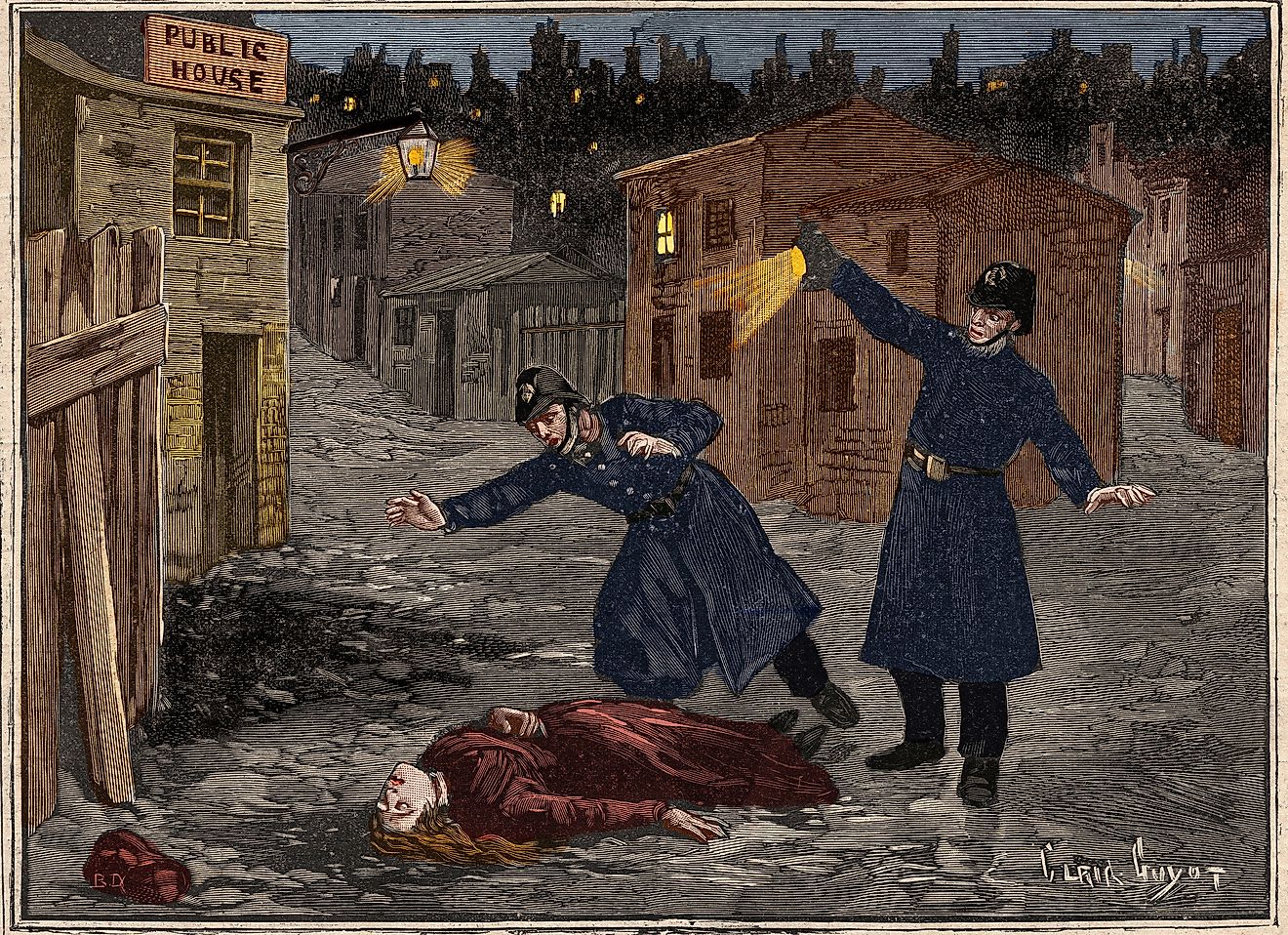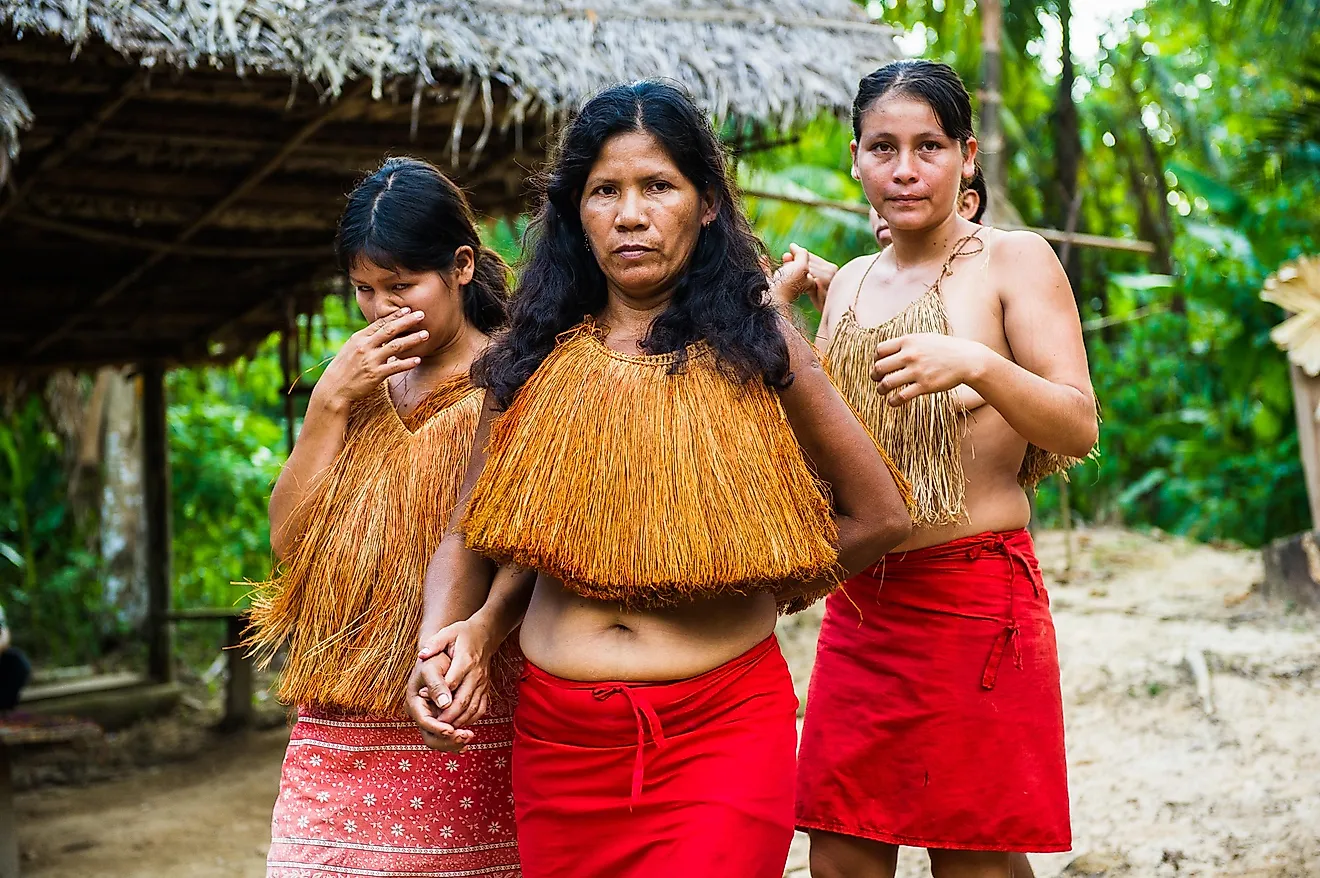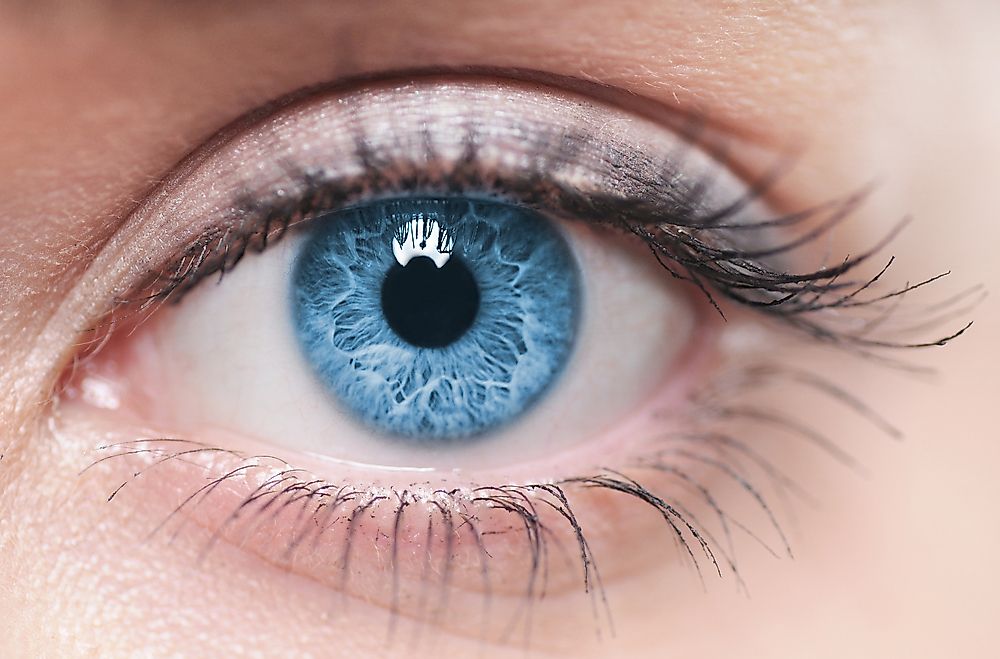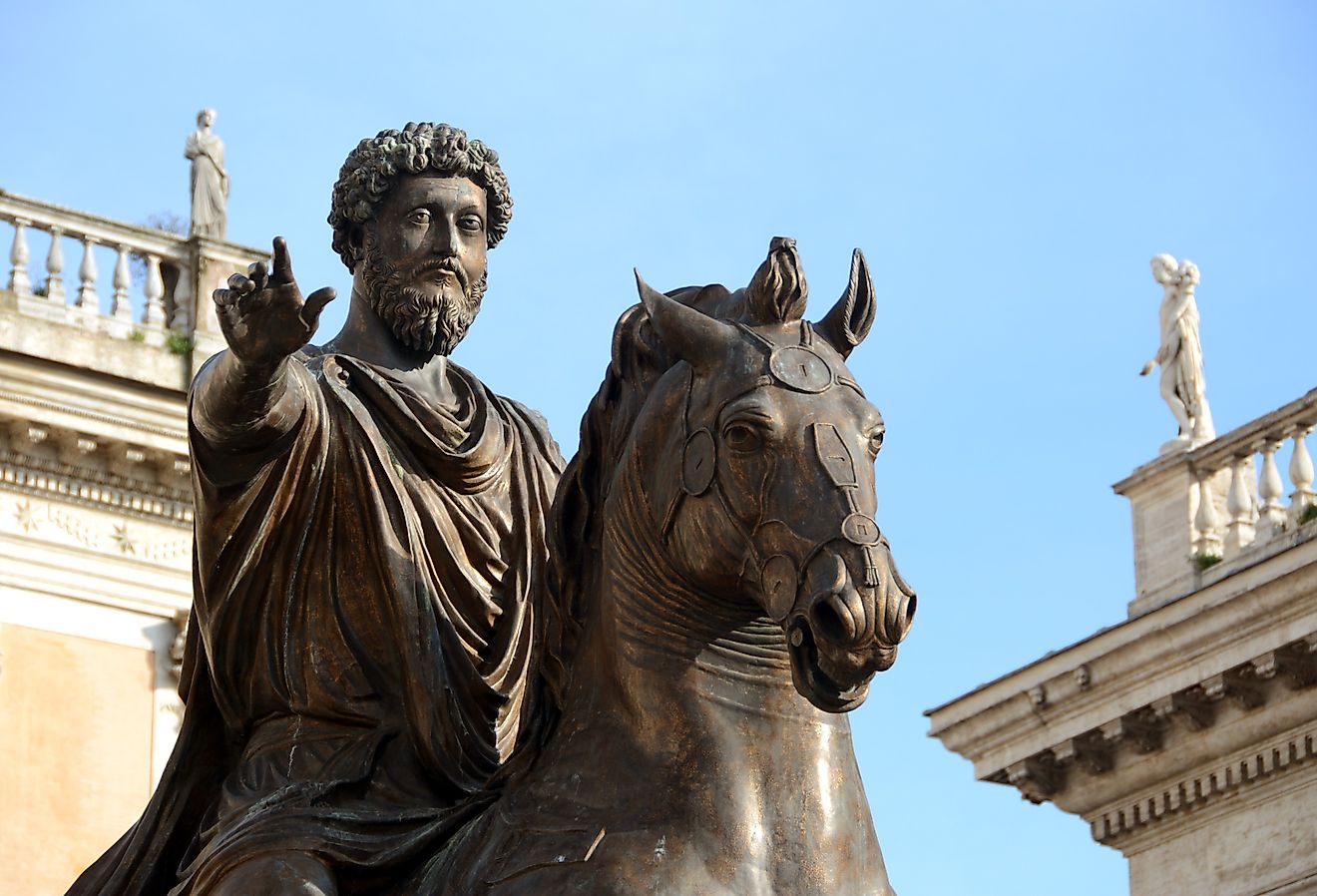Religious Beliefs In Sri Lanka

Sri Lanka, officially the Republic of Sri Lanka is an island nation located in South Asia formerly known as Ceylon. It covers an area of 25,332 square miles with a population of approximately 20 million. The country’s administrative capital city is the Sri Jayawardenepura Kotte while the commercial capital is the Colombo. Sri Lanka is a semi-presidential, sovereign state governed as a single power with the central government being supreme. It is semi-presidential in that there is the president, the prime minister and the cabinet who help in running of matters concerning the country. It is an ethnically diverse multicultural country with a rich Buddhist heritage.
Religious Beliefs In Sri Lanka
Buddhism
Buddhism has been considered the state religion in Sri Lanka as 70.2% of the general population believe in Buddhism. Buddhism was introduced in this island country in the third century, and the kings in the country have played a major role in its maintenance, spread, and revival and in the 19th century a modern revival was held which sought to improve Buddhist education and learning. In the 16th century, wars erupted with the arrival of missionaries who tried to convert the population to Christianity which led to the weakening of their monasteries and monks thus they made contact with Burma for ordained monks to be brought to reinstate Buddhism. Wars between the Portuguese the Dutch Europeans and the natives of the country continued, and the missionaries won which resulted in the popularization of Christianity while Buddhists were discriminated against. In the late 1800s, from 1880 Buddhist schools were established which was aimed at encouraging and promoting Buddhism as well as publications to increased people’s interest. This led to the rebuilding of the shrines and the thriving of the religion and culture as well as the development of the center of Western Buddhist scholarship.
Hinduism
Hinduism is the second most populous religion which makes up 12.6% of the entire population. Statistics show that majorly, the Tamils make up this population and since the Tamils have migrated the country since independence their numbers have reduced from 25% to the current 12.6%. These Tamils of Hindu descent are majorly located in the northern region of the country as well the country’s commercial capital of Colombo. During the Portuguese rule, several native Tamils were approached to convert to Catholic religion others even going as far as being threatened with death threats.
Islam
Islam in the country started to grow in the 7th century with the arrival of Arab traders who by the 8th century had taken control of the Indian Ocean and the Middle East trading routes. Most of the traders settled in the island nation which encouraged their spread. They reduced by a large number after the arrival of the Portuguese who ruined their settlement as well their trading routes but during the 18th and 19th century Muslims from India and Malaysia who came to Sri Lanka enabled their increase. They now form 9.7% of the entire population.
Roman Catholic Christianity
Christianity forms the least number of inhabitants in the country at 6.1%. The Dutch people introduced Christianity before the arrival of the Portuguese who consequently left unforgettable legacy with most of the Christians being Catholics
Other Forms Of Christianity
1.3% of the general population in Sri Lanka are Protestants who were mainly converted by the Dutch after the departure of the Portuguese.
Atheism In Sri Lanka
According to the census conducted in 2012, 0.1% of the general population do not believe in any religion hence could be considered atheists.Thus, only a very small percentage of Sri Lankans are non-believers. Religion plays an important role in the Sri Lankan society and heavily influences the culture of the people in the country.
Religious Beliefs In Sri Lanka
| Rank | Belief System | Share of Population of Sri Lanka |
|---|---|---|
| 1 | Buddhism | 70.2% |
| 2 | Hinduism | 12.6% |
| 3 | Islam | 9.7% |
| 4 | Roman Catholic Christianity | 6.1% |
| 5 | Other Forms of Christianity | 1.3% |
| 6 | Other Beliefs or No Beliefs | 0.1% |











